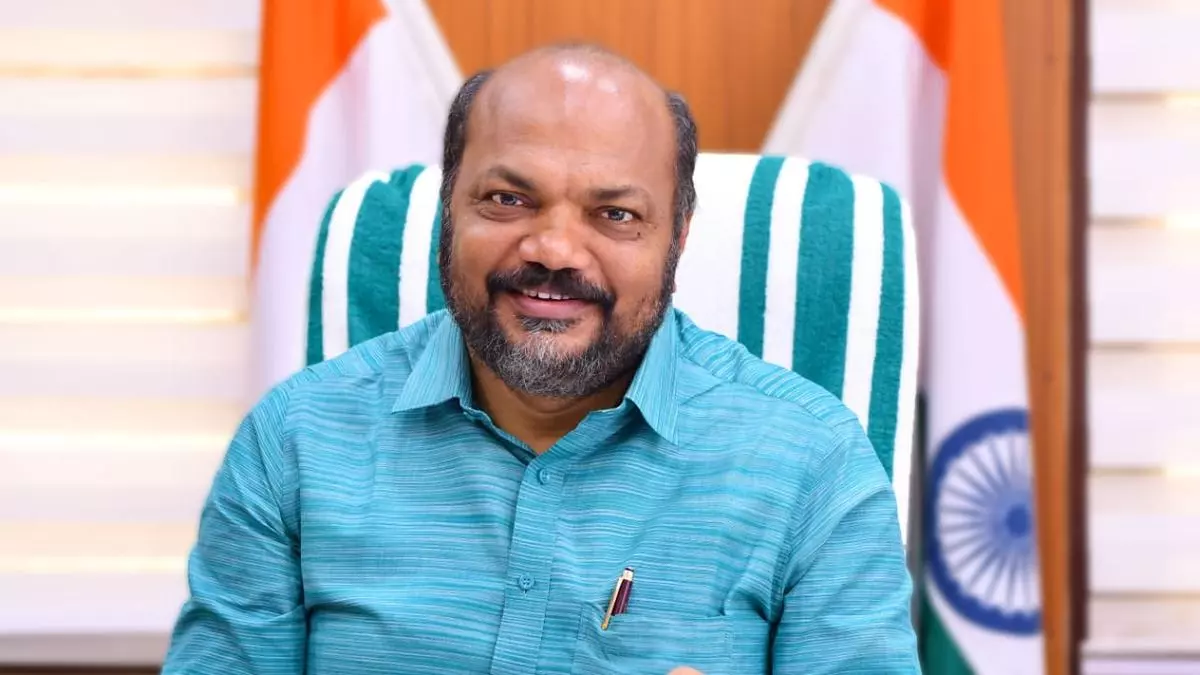Kerala is positioned to become the hub for high-tech manufacturing and the knowledge industry in India in 10 to 15 years. According to P Rajeeve, Minister of Minister of Industries, Coir, and Law in Kerala, the State has received requests from over 100 companies that are currently waiting for land to set up their operations.
“We were the first to establish a strong technopark market with India’s first IT park in India, but we struggled to maintain that momentum,” he told businessline. The state is trying its best, and this is evidenced by the significant increase in demand for land at Calicut Cyber Park, he claimed
Priority Sectors
Kerala is focussing on attracting investments by identifying 22 priority sectors in manufacturing, logistics, food processing, IT, AI, robotics, and data analyses among others. The state plans to transform Trivandrum into an automotive technology hub, while Palakkad and Kochi will serve as manufacturing hubs. Additionally, Kerala aims to establish IT corridors connecting Calicut-Kannur, Trivandrum-Kollam, Kochi-Koratty, and Kochi-Cherthala.
Notably, Kerala is also focussing on developing a GIFT city of its own, called the Global City. “This extension will be the first northern expansion of the manufacturing city located near Cochin International Airport. We have already initiated the acquisition process and are currently awaiting approvals for the Global City from the central government,” Rajeeve said.
Kerala is prioritising its importance in attracting investments in IT and the GCC industry. “Bengaluru is saturated,” he noted. “India is seeing interest from the GCC, and each state has the opportunity to develop its unique approach. Healthy competition is beneficial,” Rajeeve added.
Conducive environment
“Additionally, Kerala offers a conducive environment for GCC by providing skilled human resources. We have also reformed our higher education system, recently deciding to establish campus industrial parks alongside educational institutions,” he stated.
As of now, the discussions are ongoing to onboard GCCs, he confirmed.
Furthermore, “We do not require any reservations for employment in these industries. Instead, we are focusing on sectors that can create jobs for our youth. That’s why we are prioritizing knowledge-based industries and high-tech manufacturing,” Rajeeve added.
